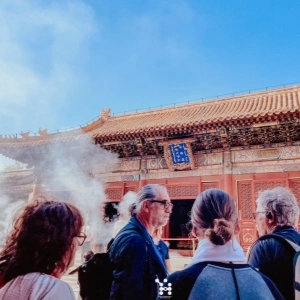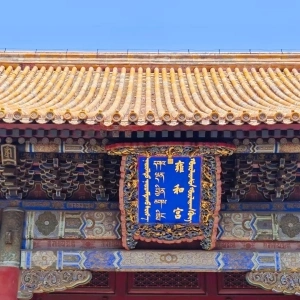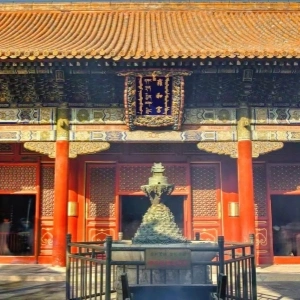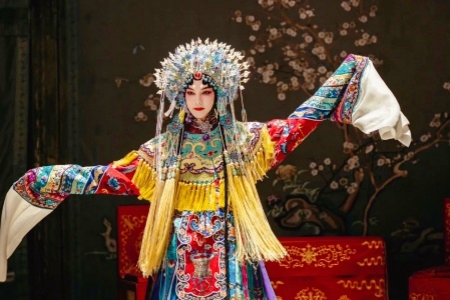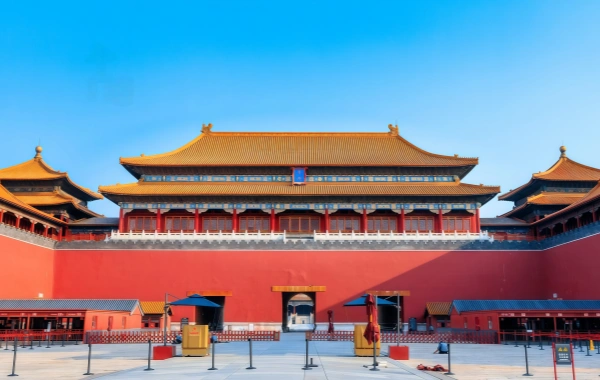The Splendor of Ming and Qing Novels: A Journey Through Literary Grandeur
In the vast tapestry of Chinese literary history, the Ming (1368-1644) and Qing (1644-1912) dynasties stand as a beacon of brilliance, illuminating the path of narrative fiction with an unparalleled array of novels that captivated readers for centuries. These eras witnessed a flourishing of the written word, particularly in the realm of prose fiction, where authors crafted intricate tales of romance, heroism, intrigue, and social commentary, weaving them into intricate webs of storytelling that resonate to this day.
The Emergence of the Novel Form
The Ming and Qing periods marked a significant shift in Chinese literature, as the traditional focus on poetry and prose essays gave way to the novel as a dominant genre. This transition was fueled by multiple factors: the rise of the printing press, which made books more accessible to a wider audience; the increasing literacy rates among the populace; and the growing demand for entertainment and escapism amidst social and political upheaval.
If you want to know more about Chinese literature and itineraries, please contact us. Popular Tour Packages:
China Cultural and Natural Tour
Themes and Genres
Ming and Qing novels encompass a diverse range of themes and genres, each reflecting the complexities of society and the human condition.
● Historical Novels: These works, such as Romance of the Three Kingdoms by Luo Guanzhong, drew heavily from historical events, infusing them with elements of folklore, mythology, and imagination. They served not only as entertainment but also as vehicles for moral instruction and political commentary.
● Romance Novels: The genre flourished during this period, exemplified by Dream of the Red Mansions (also known as Stone Memory) by Cao Xueqin. These novels revolved around passionate love stories, often set against the backdrop of aristocratic families, exploring themes of fate, desire, and the fleeting nature of wealth and power.
● Heroic Novels: Works like Water Margin, attributed to Shi Nai'an and Luo Guanzhong, celebrated the exploits of outlaws and rebels, portraying them as heroes who fought against injustice and corruption. These stories resonated deeply with readers seeking justice and yearning for a more equitable society.
● Supernatural and Folklore: Novels infused with supernatural elements and folklore, like Journey to the West by Wu Cheng'en, combined elements of mythology, religion, and adventure to create fantastical narratives that captured the imagination of readers.
Literary Techniques and Influences
Ming and Qing novelists employed sophisticated literary techniques, including intricate character development, intricate plot constructions, and vivid descriptions that brought their worlds to life. They also drew inspiration from earlier literary traditions, such as poetry, prose, and drama, as well as from oral traditions and popular folklore. The integration of these diverse sources gave their works a richness and depth that has captivated readers across generations.
Social and Cultural Context
The novels of the Ming and Qing dynasties were not merely products of literary imagination but also mirrors of their times. They reflected the social, political, and cultural realities of the period, offering insights into issues such as gender roles, class dynamics, and the impact of Confucian values on society. Moreover, they served as a platform for critical discourse, allowing authors to comment on contemporary issues and challenge the status quo.
In conclusion,The Ming and Qing novels represent a pinnacle of Chinese literary achievement, their pages filled with tales of adventure, romance, heroism, and social commentary. These works, with their intricate plotting, rich characterization, and profound themes, continue to captivate readers worldwide, serving as timeless testimonies to the human spirit and the power of storytelling. In the annals of literary history, the Ming and Qing novels stand as towering monuments, forever etched in the hearts and minds of those who dare to explore their depths.
Related Posts
Create Your Customized Trip
Take about 2 minutes to fill the form to tell us how you like to travel, and get a reply within 1 working day.




